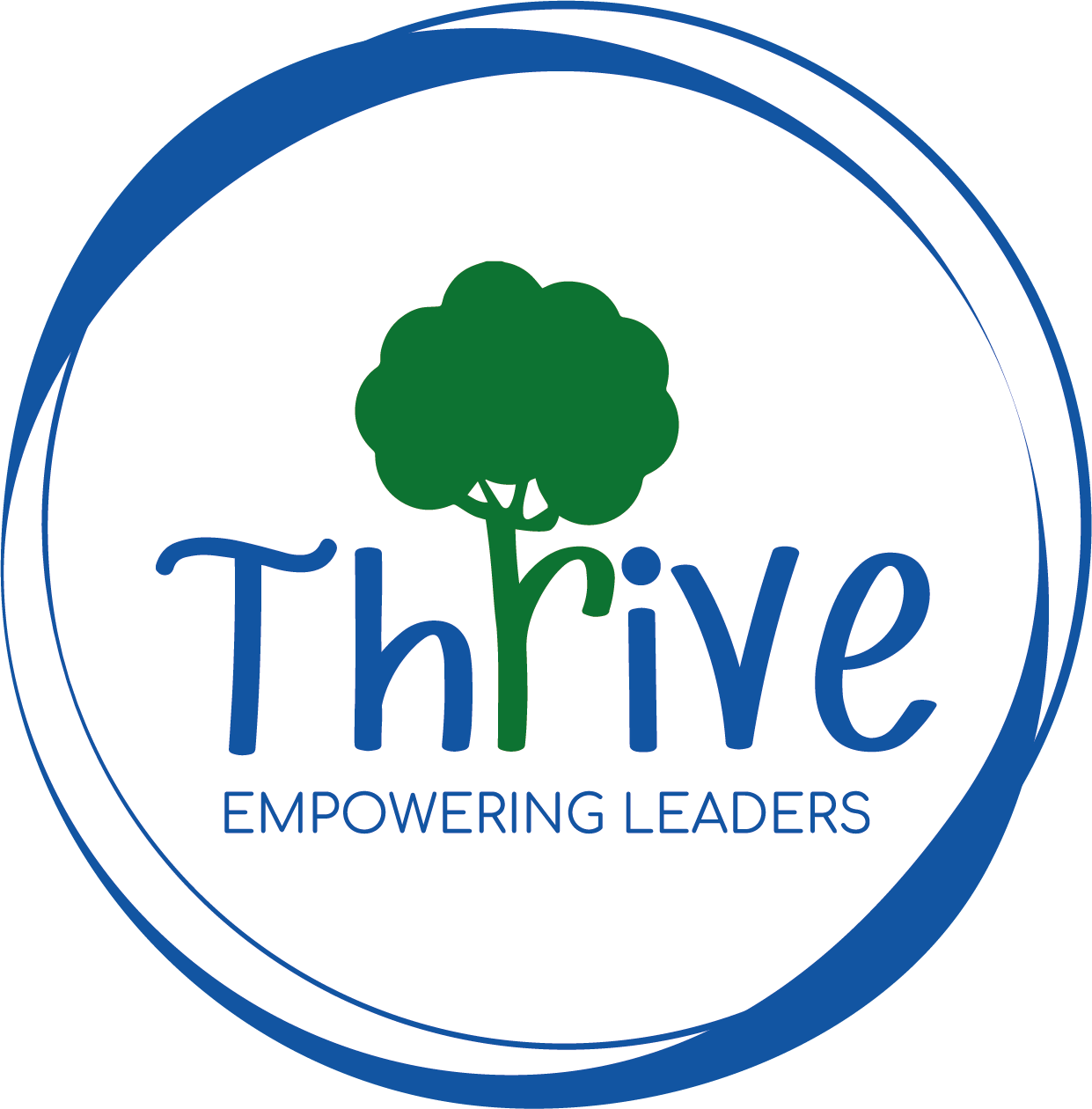
Empowering Principals & Leaders to THRIVE
How to be an Authentic Leader
by Steve Zonnevylle / 19th November 2023


THE STORY
When I was 17, which is a little bit younger than I am today, I began my first three week posting at a primary school as part of my first year of teacher’s training.
Sadly, I don’t remember the name of the teacher who stood in front of the class that day. Sadly because, no doubt, like all teachers, she touched the hearts of many in her career. And she deserves to be remembered.
Teachers and leaders do this daily. They touch the minds and hearts of the people they support regularly.
Let’s call her Mrs Batchelor.
As a 17 year old I watched her carefully write up on the blackboard, in white chalk, the day’s handwriting lesson. The very next day would be my turn. A simple handwriting lesson.
I was petrified. It seems so simple now. All these years later, and a million handwriting lessons and other lessons; and staff meetings; assemblies; sports events: end of year prize giving speeches later….etc, etc. and I wonder now what I was scared of. But I was.
My heart raced as I walked to the front of the class and scraped the chalk across the blackboard surface. I must have written the line of the day’s letter (it was a “d”….. a cursive d) a hundred times…..rubbing them out, just to get them like Mrs Batchelor’s.
I followed the model of her lesson to a tee. And she was happy with that. I think she even wrote in my Teacher’s Planner book, in a completely acceptable 1980s manner, the four letter word….. GOOD.
This is probably the first example of authenticity, or in my case, lack of authenticity, that I encountered in my career. She wasn’t being inauthentic. I was.
I say this because, although I followed her model successfully, there was nothing in this simple lesson that gave an indication to my students of who I was. And because of that I failed in this opportunity to connect.
If I could go back in time and talk to myself, the advice I would now give is this:
The model is important, true. But you need to bring something of yourself to that model, in order for you to not only connect with people, but also be fulfilled in yourself. You need to be authentic.
So what does this really mean? Well, that’s a very good question, because it doesn’t appear to have been a big talking point in the majority of my teaching and principal career.
We were never trained to be authentic. Why is that?
So what?
What does AUTHENTICITY mean?
- It means having great respect for who you are as a person. This means knowing and understanding what your key values and personality traits are.
- It means having the confidence in knowing about your own strengths AND your own weaknesses. It's about understanding that both of these make up who you are …. yes you! Don’t hide from these, feel embarrassed about these, or make excuses for these. Embrace them. Wear them on your sleeves!
- Finally; It means knowing that authenticity also promotes diversity. There will always be some sort of model to follow. However the real strength in our schools and workplaces isn’t found in a model. It's found in the diverse personalities that grace our places that put these models into place.
You show authenticity by promoting who YOU are, warts and all. This means becoming very comfortable with knowing who you are and confident in communicating what this means to your organisation.
Yes, this means that you are opening yourself up to a lot of judgement. Being authentic is a potentially vulnerable place to be. But if you have built a culture of authenticity then you will have also built a culture of acceptance and safety.
You lead by taking that big step into the unknown regarding how people will perceive and receive you. You have a choice. You can do this by wearing a mask and therefore hiding your own unique personality. Or, you can do this by being your biggest asset – YOU.

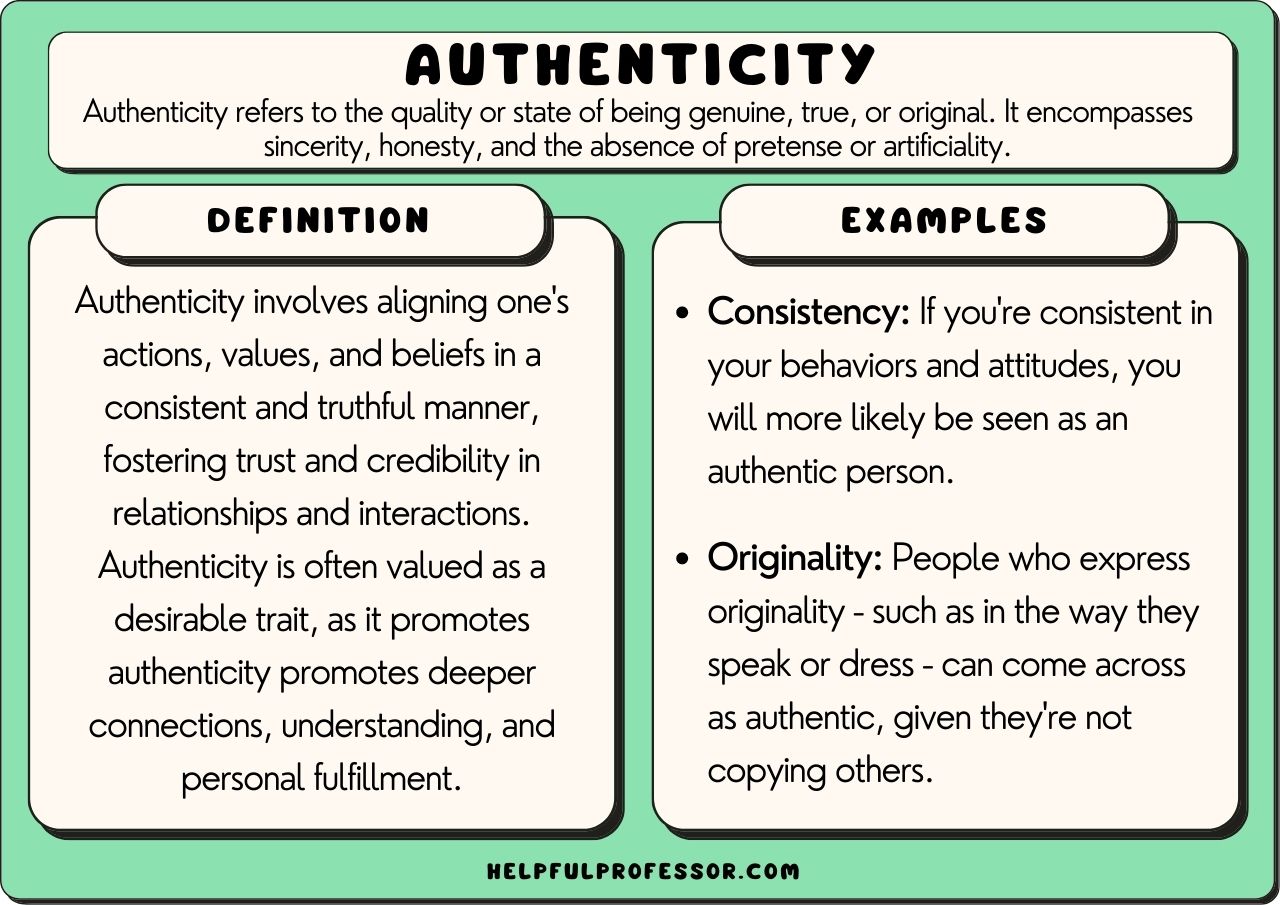
Authenticity and Empathy go hand in hand
Empathy is one aspect of authentic leadership that is often neglected. It’s important for leaders to recognize that every employee comes to work with different experiences.
“Seeking to understand what’s going on for other people is really essential for the foundations of building a connection,” says Ilana Zinyk, a featured expert in PowerED™ by Athabasca University’s Essential Skills for Leaders Certificate.
The iceberg metaphor, she says, reminds us that leaders and teams only see what is above the water and there might be a lot going on below the surface.
https://www.athabascau.ca/news/power-ed/how-to-lead-with-authenticity#post-intro
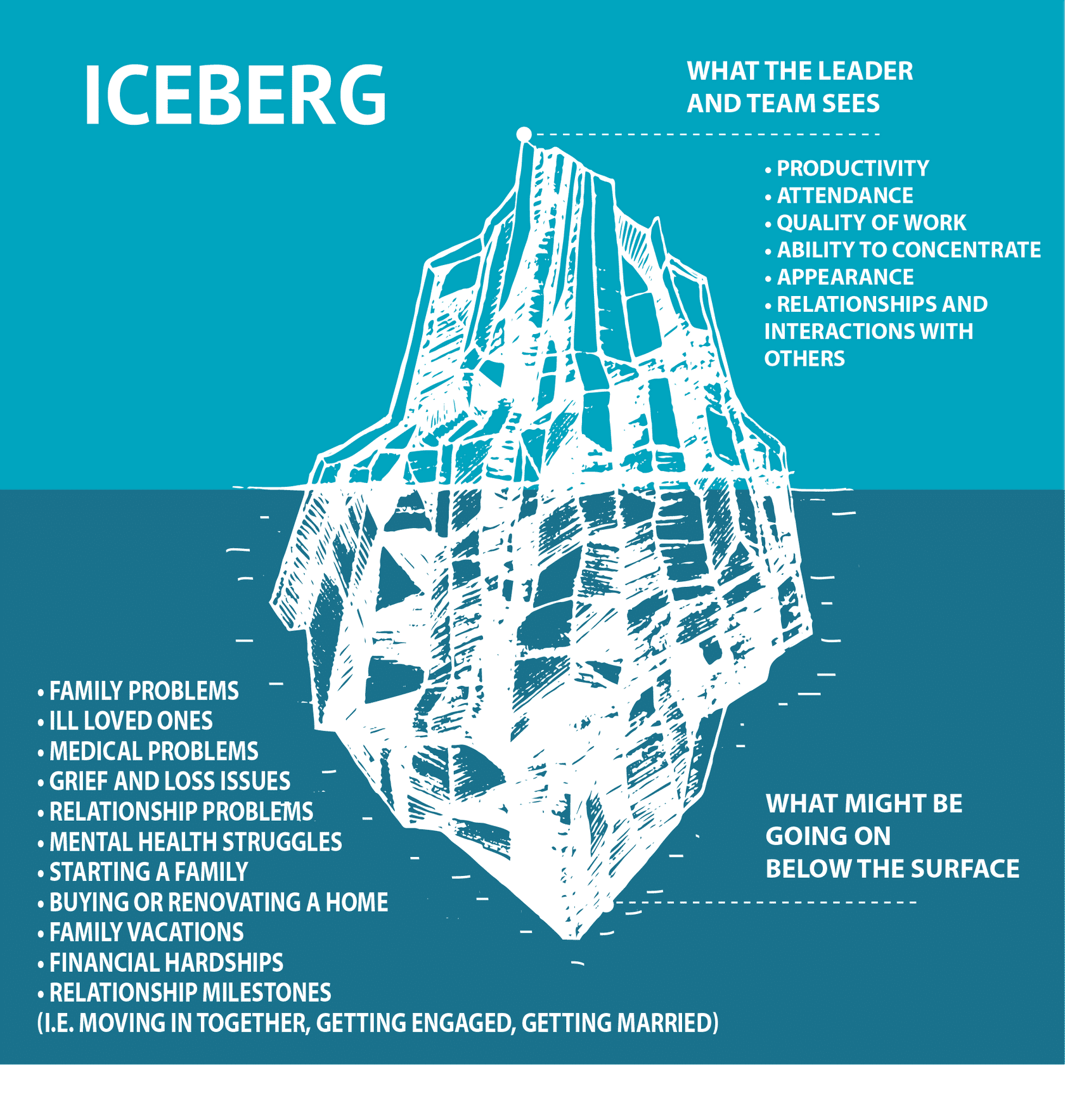


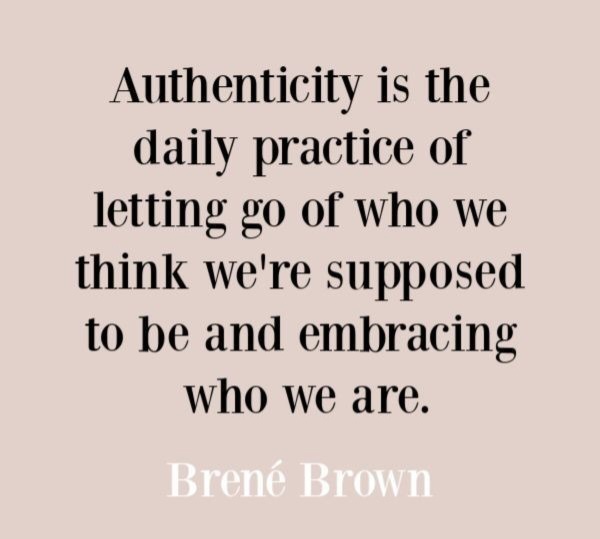
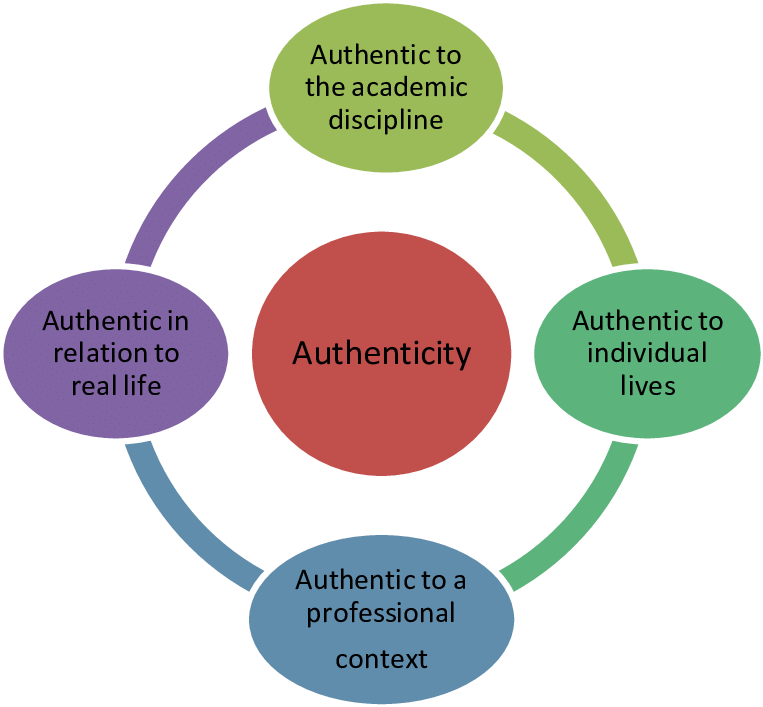
Watch these TED talks for more information and inspiration...
About the Author:
Steve is an articulate, creative, and competent professional. He values the fostering of positive relationships and revels in working within team environments. The majority of his working career has been in leadership positions in Education. He has nearly 30 years of Primary Principal experience in the New Zealand school setting. He brings to Thrive a multitude of skills that cross over successfully in many working environments.His passions include music, writing and running.
However the thing he loves most is connecting with fellow human beings and working alongside them in order to support them in being the very best that they can. Steve is passionate about Principalship. He believes that being a Principal is one of the most important and privileged vocations on the planet. However he feels saddened that the role now appears to have become so complex and vast that quality people no longer see it as a long term career like he was able to enjoy, and instead shine bright and then burn out far too soon.
He sees this as a perfect conduit to express his own skills and expertise in a manner that will guide and support Principals so that they too can continue to grow in a positive and healthy manner for many, many years.

Steve Zonnevylle
